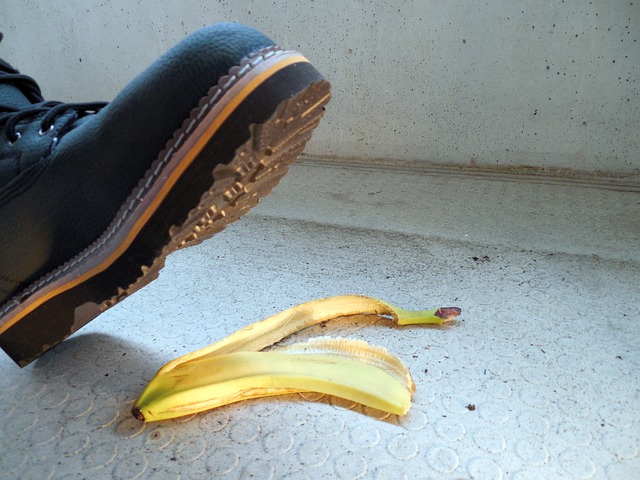7 Easy Steps to Safer Adventure Travel
Planning a big adventure? Taking a bit of time to educate yourself about the risks and to prepare for your trip properly can help make your trip safe and enjoyable.
Considering travel insurance for your trip? World Nomads offers coverage for more than 150 adventure activities as well as emergency medical, lost luggage, trip cancellation and more.What is adventure travel?
Adventure travel can mean a lot of things, but it’s generally focused on physical activity. Often, adventure travelers venture to remote locations in their quest for the best dive sites, cave exploring or heli-skiing adventure.
What are the risks?
Because adventure travel is physical, it carries the risks of physical injury. Adventure travelers also often go to remote locations, increasing the risk of poor emergency or rescue response and poor medical care. Outdoor risks, like sunburn and bug bites are also high for adventure travelers.
That said, there’s a lot you can do to reduce your risks.
Visit a doctor before you go
About eight weeks before you leave, visit a doctor who specializes in travel to see if you’ll need to to get vaccinations and to get any specific medical advice for your location. Travel clinics often have a wealth of information on avoiding illness in specific destinations, from tips on water treatment to help avoiding mosquito bites in the tropics.
Get in shape
If you can, spend a little time getting physically ready for your trip. If you’re planning a SCUBA diving trip, spend a little time in the local pool swimming laps. A little training can go a long way in preventing injuries.
Know your weaknesses
Make sure that you’re physically and emotionally able to cope with your adventure activities. If you’re not in tip-top shape, signing up for a strenuous 10 day hike may not be a great idea, as there’s a good possibility you’ll get injured.
Put yourself in good hands
If you’re traveling with a tour company, make sure you check out the company’s safety record and their credentials. The same goes for any individual guides.
Have an emergency plan
Simply engaging in adventure activities means that you may have a higher risk of injury on your travels than normal. Before you arrive, find out the location and contact information for the nearest medical facility. Ensure that someone at home knows where you’ll be, when you’ll arrive, and when you plan to leave.
Pack an emergency medical kit
Given that many adventure activities take place far away from medical help, it’s a good idea to pack a basic first aid kit. Make sure it includes, at a minimum, bandages, gauze, antibiotic ointment, over the counter pain medication (like Tylenol), anti-diarrhea medicine, oral re-hydration salts and any prescription medications.
Have travel insurance
Many travel insurance policies won’t cover you if you’re injured when engaging in adventure activities. To top it off, the definition of adventure activity can vary from one policy to another. Some policies consider any type of hiking to be an adventure activity!
Because many adventure activities take place in remote locations, medical evacuation insurance may be a good bet. Medical evacuation insurance will see that you’re covered for transport to a medical facility for treatment.





Comments (0)